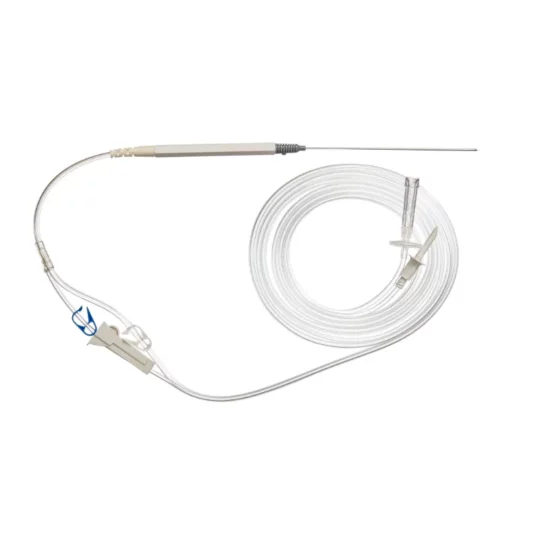The primary function of PTCA stents is to serve as a supportive framework within these arteries, preventing their collapse or re-narrowing following a Percutaneous Transluminal Coronary Angioplasty procedure. This intervention involves inflating a balloon to widen the narrowed artery, and the stent is deployed to maintain the desired diameter and keep the artery open. The benefits of PTCA stents are manifold and include:
Improved Blood Flow: By ensuring the patency of coronary arteries, these stents facilitate enhanced blood flow to the heart muscle.
Symptom Relief: Patients often experience relief from angina, chest pain, and shortness of breath, leading to an improved quality of life.
Reduced Risk of Cardiovascular Events: PTCA stents lower the risk of heart attacks by preventing sudden artery closure or re-narrowing.
Long-term Cardiac Health: They aid in the long-term management of coronary artery disease, reducing the need for repeat procedures.
Minimally Invasive: PTCA procedures are minimally invasive compared to open-heart surgery, resulting in shorter recovery times and fewer complications.
PTCA stents are a vital component of modern cardiology, providing a safe and effective means of maintaining coronary artery health and, in turn, safeguarding the overall well-being of patients at risk of coronary artery disease.







Reviews
There are no reviews yet.